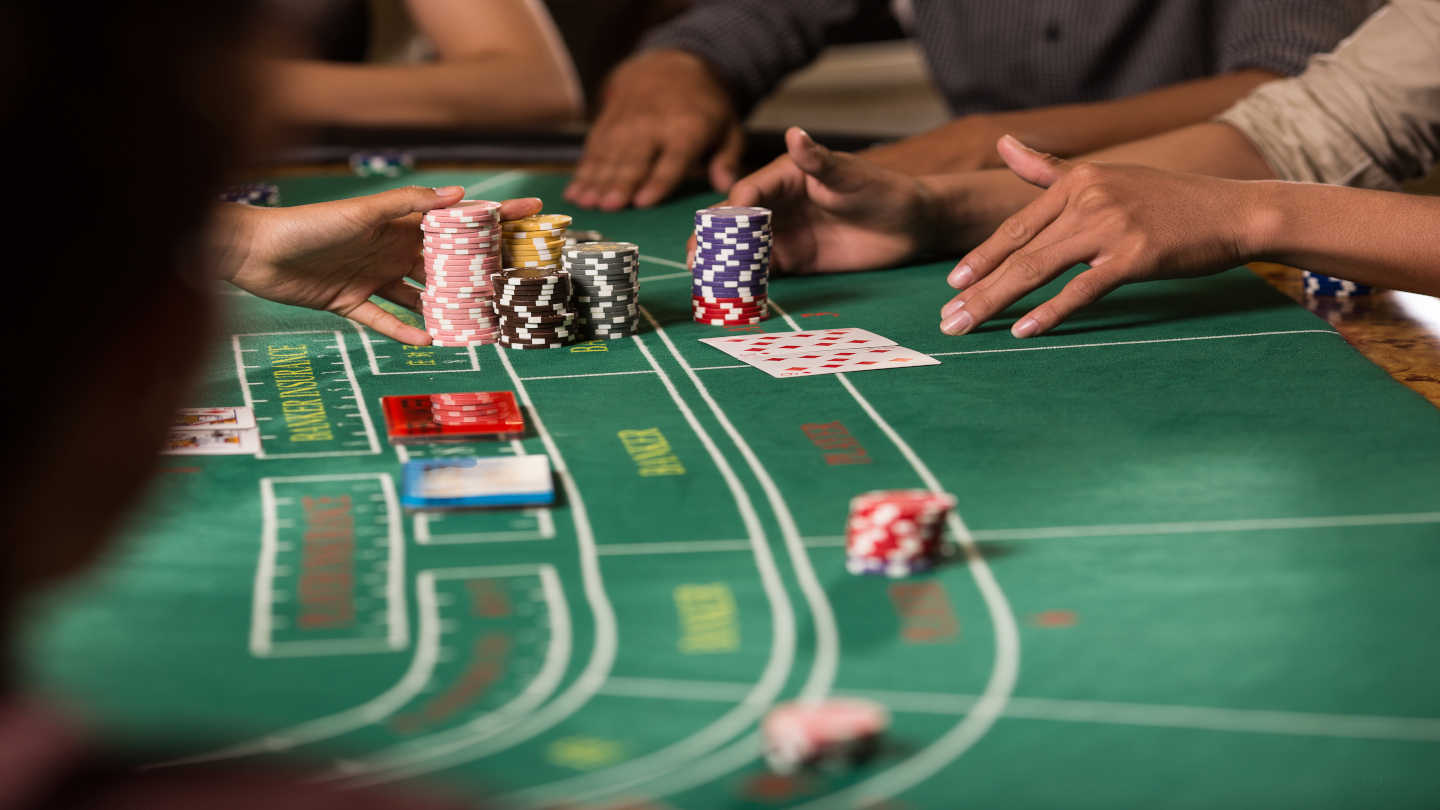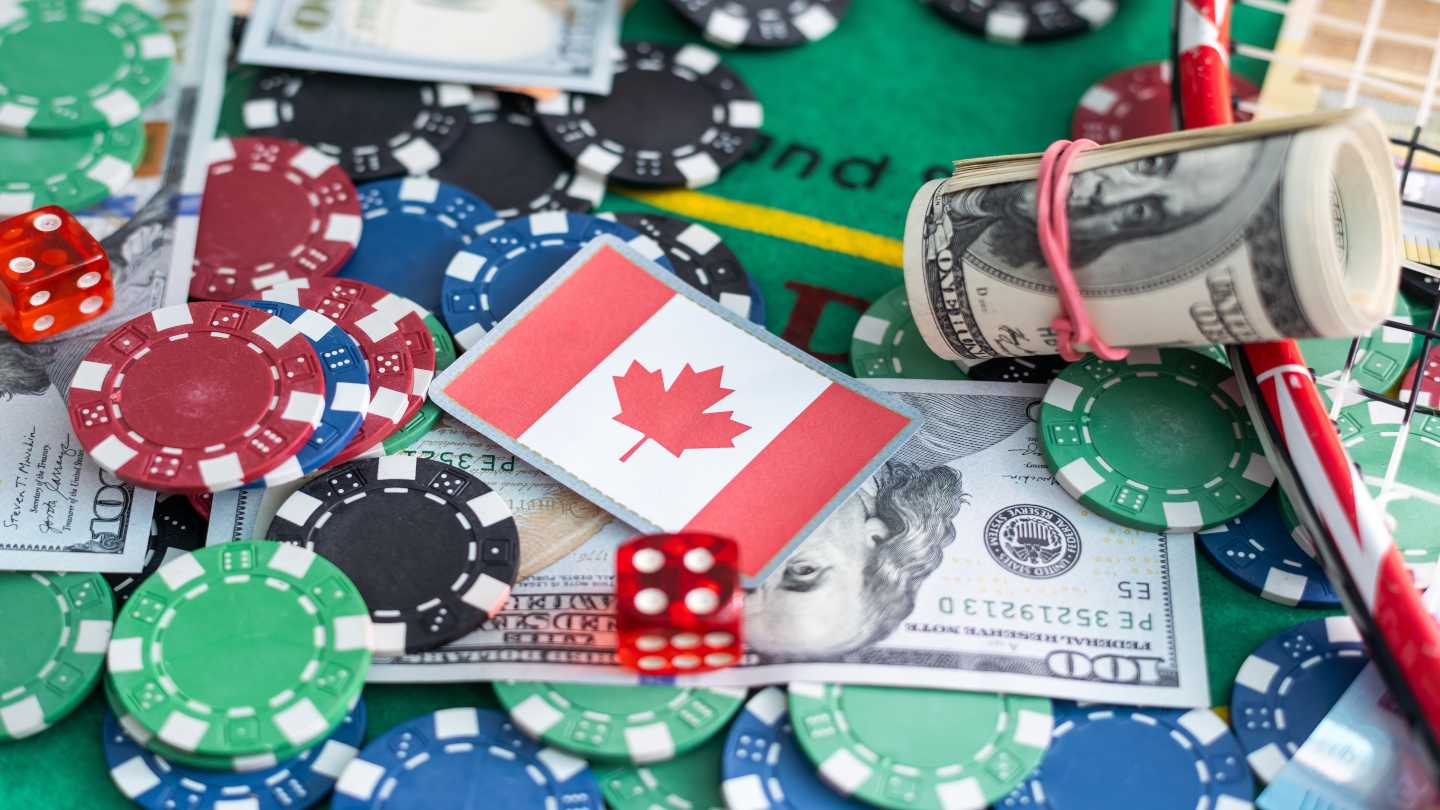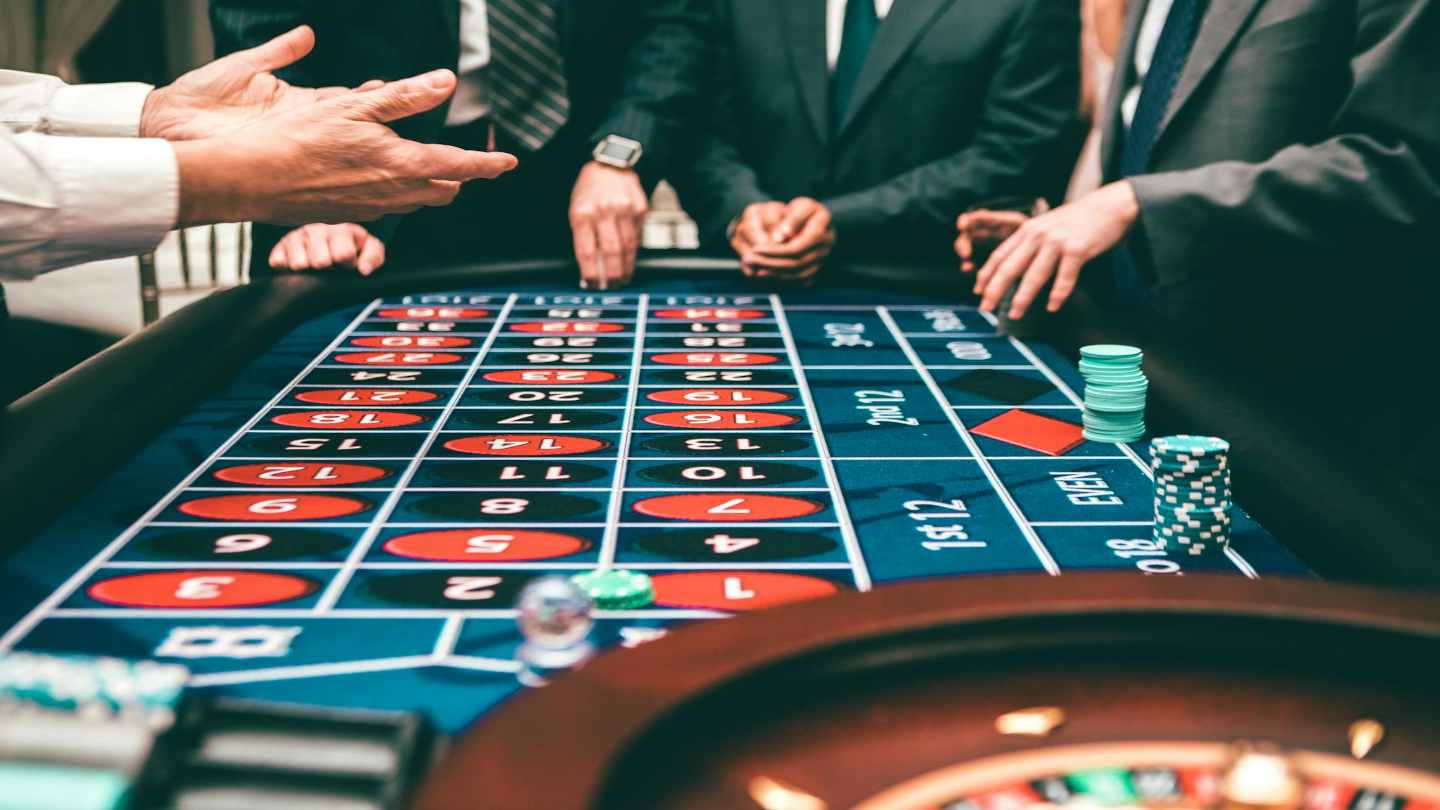Blackjack House Edge – What Advantage Does the Dealer Have in Blackjack?
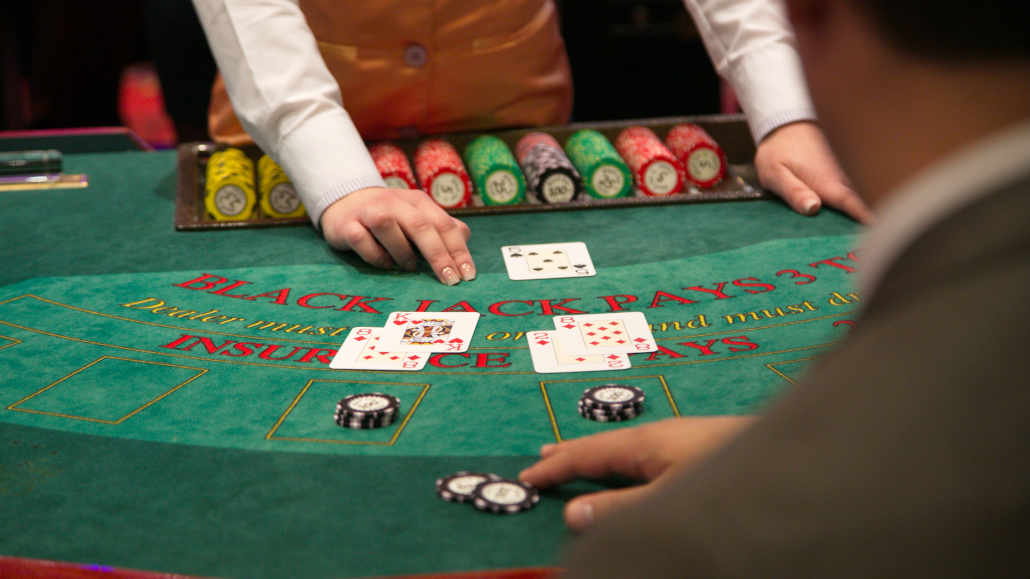
10 minutes
Last Updated: September 2, 2022
Blackjack, the regal card game that revolves around a master score of 21, has always been in the limelight of many physical and online casinos for decades.
Do you often wonder how the blackjack house edge is possible when the dealer and players are targeting the same thing?
The cold truth is there are no casinos that don’t make money on their games!
And in blackjack, a dealer is always at an advantage. Let’s clear it out with a thorough insight into house advantage in blackjack.
What is the House Edge in Blackjack?
A very simple concept of understanding the house edge for casinos is when the players bust, the dealer wins without even the need to play the game. Does that really sound like a big deal?
Well, if you are betting on the same table or with the same dealer for the long term, there is a high probability of losing 53.92% of the total time you play. Now, let’s evaluate more about what advantage the dealer has in Blackjack.
How Can Casinos Make Money on Blackjack?
House advantage in blackjack refers to the tentative winning benefit the casino holds over the players.
Simply put, it refers to the ratio of profits that the house earns on stakes made by the players.
It is evident that casinos have a huge set-up to manage, like the ambience, maintenance of roulette wheels and equipment, and other services they offer for FREE.
So, how do you think they will take care of these expenses? When people wish to enjoy such lavish and enticing facilities while delving into their favorite slots or card games, there’s surely a price to pay.
They work on a fundamental principle of more you play, the more money they will make.
We have analyzed the house edge in blackjack by collecting the statistics after repetitive play of several games.
For example, if someone is playing with the same dealer and both of you acquire a standing hand of 17, you can win 46.08% of the time.
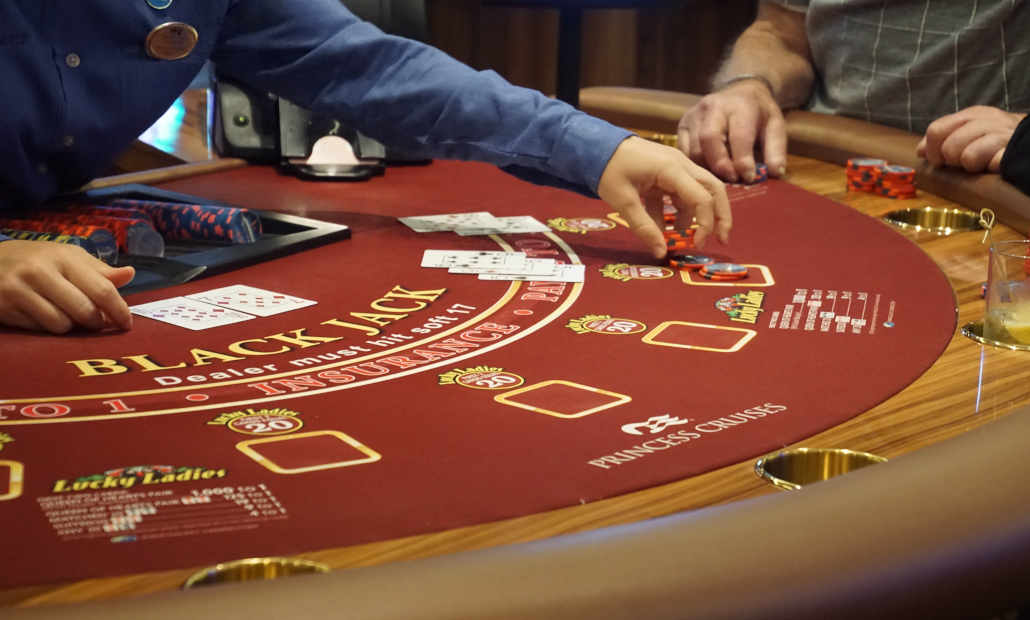
It indicates that even here, the dealer has higher winning chances, thus turning it into a winning option for the casino.
In an average Blackjack game, 28% of the time, either you or the dealer are going to bust. Remember, the biggest advantage of favoring dealer here is if you lose, the dealer wins without even playing his hand.
The winning probability between player and dealer here stands at 46.08% and 53.92%, respectively.
Now imagine what is the house edge in Blackjack? It’s 7.84% or 8% with a simple stake! That’s an extremely high house edge that makes blackjack one of the most popular games for casinos.
How to Evaluate Blackjack House Edge?
If you play 100 hands of Blackjack and all at the equal bet amounts, you are bound to lose around eight parts of the amount you bet on average.
Even after playing for a prolonged period, overcoming that amount of edge is hardly possible. Each player will surely lose 8/100 tables, and even leftover 92 hands will be split with the dealer.
Dealers in blackjack can either stand or hit while players have numerous options like splitting pairs, doubling down or getting an extra win.
This type of variation allows the players with a basic knack for Blackjack, which helps narrow the house edge to less than 1%.
However, players must apply advanced Blackjack strategies to bring down the edge to around 0.62%.
Fundamentals of House Advantage Blackjack
When the house advantage is 2%, the players tend to lose in a minimum of 2 games out of 100 and then split on other 98 games equally.
With the application of the same blackjack strategy, the players have a winning edge of 49 games, and it’s 51 times for the casinos.
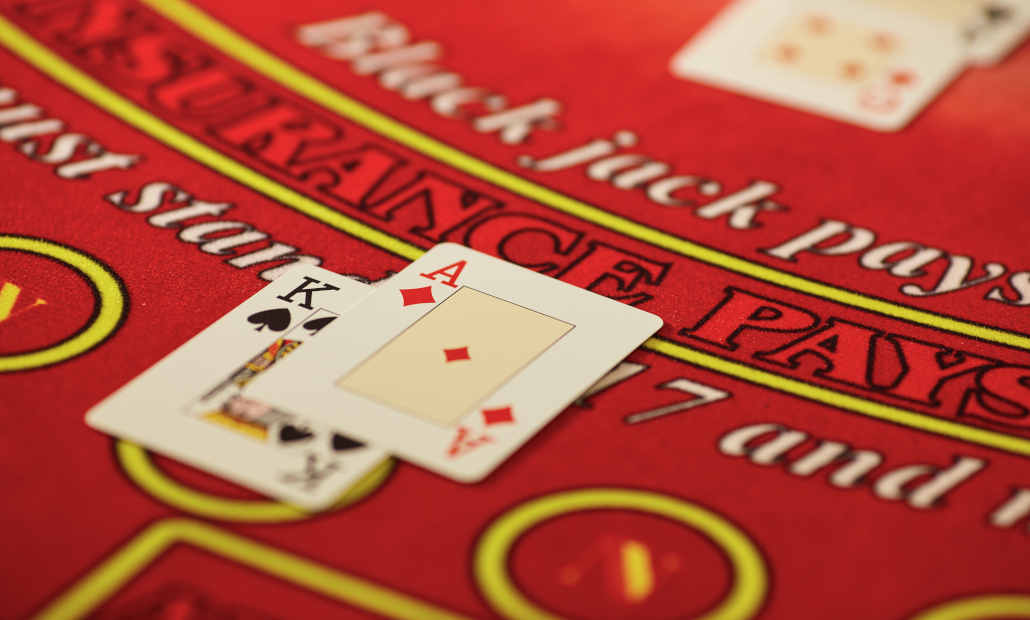
Another way to understand this is when the house edge is 2%, the casinos anticipate you to lose 2% of the stakes made.
For instance, by wagering $100, you might lose $2 each time of making a wager, irrespective of the results.
Playing for a long-term with straight bets nullifies your chance of overcoming the blackjack house edge completely.
The house edge rule is not easily evident when you wager over a few games at the casinos. Casual players won’t even notice this until they have invested a good amount of money in the game.
Applying simple math is the only way to calculate the odds and determine the exact possibilities.
Suppose you are a casual Blackjack player, and the house advantage in blackjack for you rests at 1%.
Now, if you are capping every game with a bet of not more or less than $100, there are 5 possibilities indicated from it.
- Losing $100
- Winning $100
- Winning $150 for a natural
- Doubling down to win big
- Splitting to win big
Thus, in no circumstances, the players would lose that $1 in a single hand, not even after a few casual games.
It is only after 10,000 games that players start witnessing the actual winning and losing patterns.
Real casino edge begins after 100,000 hands which are only possible with avid and professional casino players.
By keeping a standard $100 wagering cycle for 100,000 hands, you will already end up losing $10,000, which stands as a significant advantage for the house!
Can You Manage the Blackjack House Edge?
Now that you have some answers to questions ‘what advantage does the dealer have in blackjack’ and ‘what is the house edge in Blackjack’, let’s ponder over ways to manage it.
Keeping the edge to the lowest possible requires understanding basic Blackjack rules.
Especially, the actions of splitting and doubling down render immense advantages to the players if they optimize it in a suitable manner. This can curtail the house advantage in Blackjack from 1.5% to 0.62%.
Novice players trying their skills at blackjack won’t even consider the house edge or how to bring it down.
This eventually turns out to be a profitable deal for the casinos. It is recommended that even if you aren’t an expert, it is still possible to keep the edge lower by actions like splitting or doubling down in the game.
Once the player finds himself in a good position in the game, using the Blackjack technique can enable them to pour in more money into the game.
Splitting hurts the house edge and takes it down from 0.62% to 0.47%. That’s probably why only selective casinos online or offline allow players to double down after splitting.
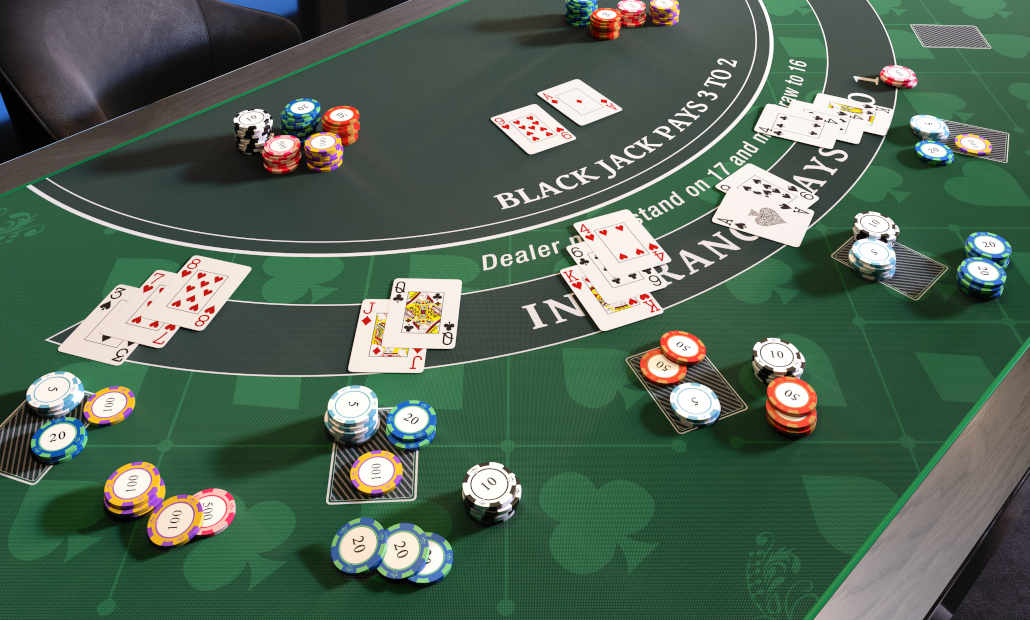
The next way of managing the house advantage in Blackjack is by working on your odds and increasing payouts. How’s that possible? Search for casinos that offer the flexibility of doubling down, and most of them allow it at the count of 10 or 11.
Higher the number you can double on, the lower will be the house advantage.
Players must have in-depth understanding of Blackjack rules before wagering real money. Following the right techniques and rules can enable you to secure a decent amount of winnings despite the higher house edge in the game.
Lastly, players must understand the bust probability to manage the blackjack house edge. It goes down to 0% when players have a count of 11 or lower. This rises to 58% and 62% when there is a hand value of 15 or 16, respectively.
Similarly, the dealer’s chances to stand at the count of 17 is around 17%, along with an Ace in hand. This increases to 42% when he holds a 5 or 6 in his hand.
Common Reasons for Players Losing in Blackjack
House advantage in Blackjack is the primary reason for players’ losses. If the casinos do not have an edge in any game, they would never offer it on their platform.
Players constantly face the risk of busting and losing out the amounts to casinos, thus serving as an advantage to them.
The next reason why players lose is they are not clear about the basics of the game. A few casual players betting randomly increase the house edge.
Players lacking time, interest or the winning motivation also give the house a better edge in blackjack.
If you look on it just as a fun activity, stay prepared for the decreased profits as it’s a mentally tasking game that needs to be played with complete focus and dedication!
Do Deck Numbers Affect Blackjack House Edge?
Yes! Very few players know that the number of decks of cards used for the game impacts the house advantage in blackjack.
A prominent reason for this is the cards reshuffled, and the average number of hands played.
If you think that the house holds an advantage on every hand, it’s true. The blackjack games played with 4-8 decks consist of at least 20 hands played even before the dealer reshuffles.
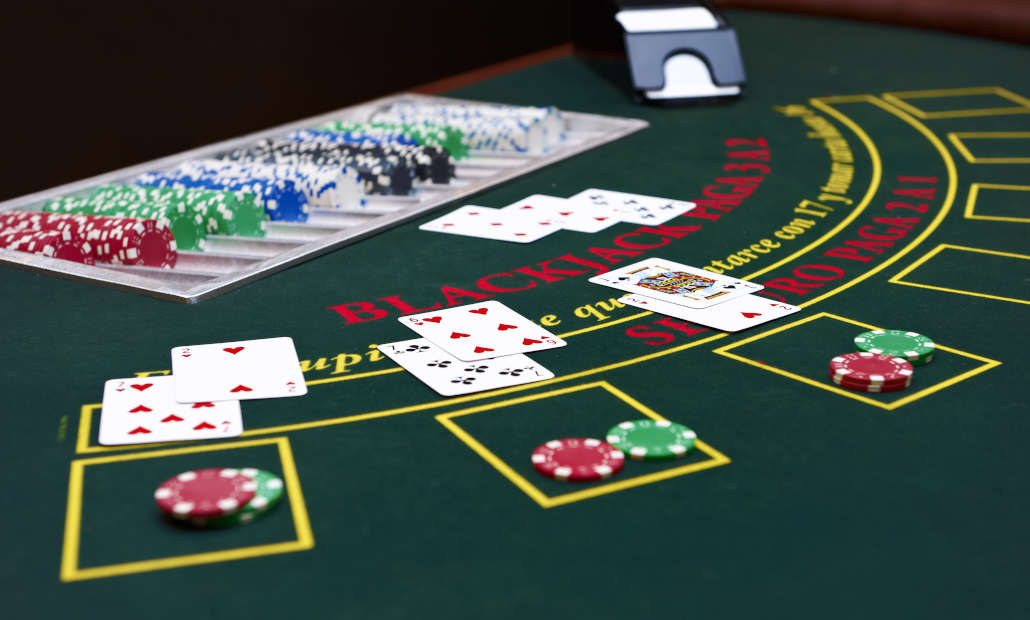
Reshuffling of decks might slow down the house edge of casinos and allow dealers a higher time to do reshuffles. The direct impact of several decks over house edge in blackjack is that fewer decks lead to reduced house advantage blackjack.
Few players also debate that in double or single deck blackjack games, players have better options of splitting, re-splitting and doubling down to enhance their winning prospects.
Myths on Blackjack House Edge Busted
Despite a huge fan base for Blackjack, there are still a few misconceptions related to this card game. Let’s quickly take a look at them.
Edge Increases After Losing a Few Games
It is entirely illogical to think that the house advantage in blackjack would increase after a losing streak. Instead, every hand is different, and players must consider every game as a new start.
Every Player Can Wager at Just a 0.5% House Edge in Blackjack
It is a myth that blackjack has a lower edge at just 0.5%. We don’t deny that it’s impossible, but only for professional players who ace the strategies. Wrong moves can increase the edge percentage considerably.
Dealers Can Decrease Your House Edge
Dealers have no role in managing the house advantage for the players. They also work on a specific set of rules that they have to follow genuinely, and one of them is to keep hitting until they stand at 17.
Thus, dealers cannot increase or decrease the house edge by any way or means.
Tips to Increase Your Edge Over House Edge in Blackjack
With these methods, you could trim down the casino’s edge or at least try to increase your benefits with the game.
Ace-less Hands Play
Learn to play hard hands as in the cards without Aces or any other big value cards. Players must try to hit if they rest at 8 or fewer. If holding a 9, aim at doubling it or hit. Players must always stand at 17-21.
Split and Double-Down a Few Hands
A significant benefit that a player receives from splitting and doubling down is to aim straight close to 21.
Players must double down on hard hands like 9 or 10 to maximize their winning odds. Key rule of Blackjack is to split pairs, 8s and Aces. You mustn’t split 5s and 10s.
Winding Up
Hopefully, we have highlighted all crucial aspects of blackjack house edge and how it gives casinos an advantage over players.
Ultimately, a significant amount of luck is also involved, along with strategies that might help the player win big against small losses.
However, walking away is a smart choice if the series of losses continues. You must play responsibly and not overspend with the hope of winning and minimizing the house edge.





